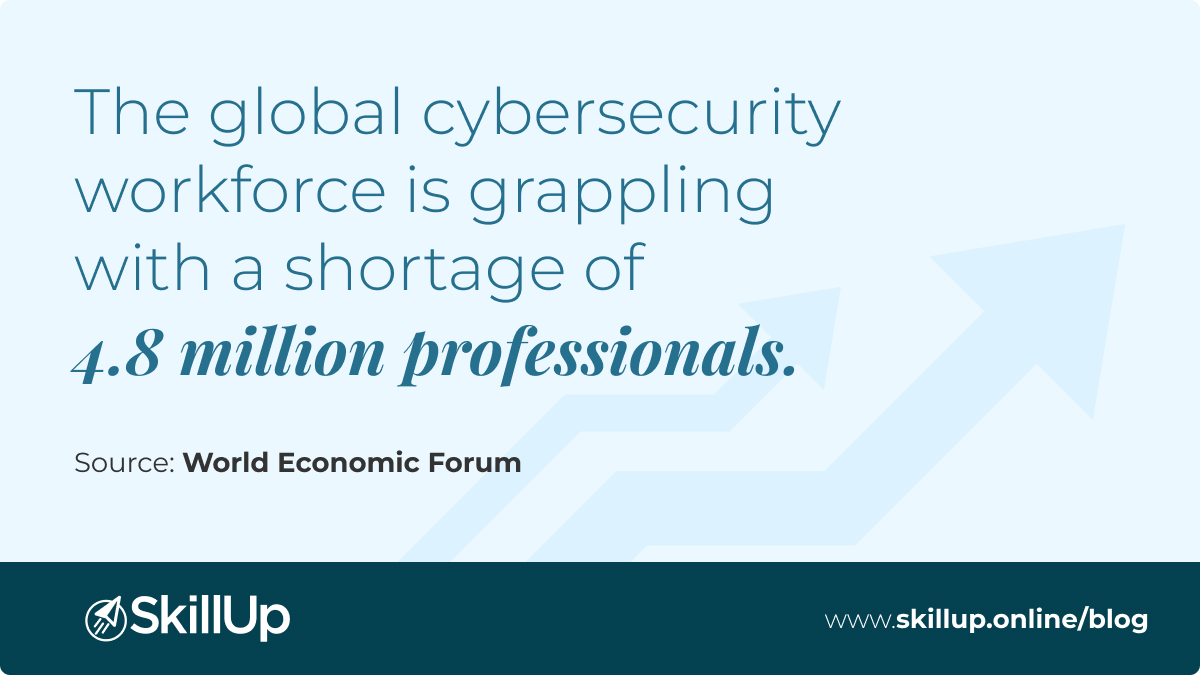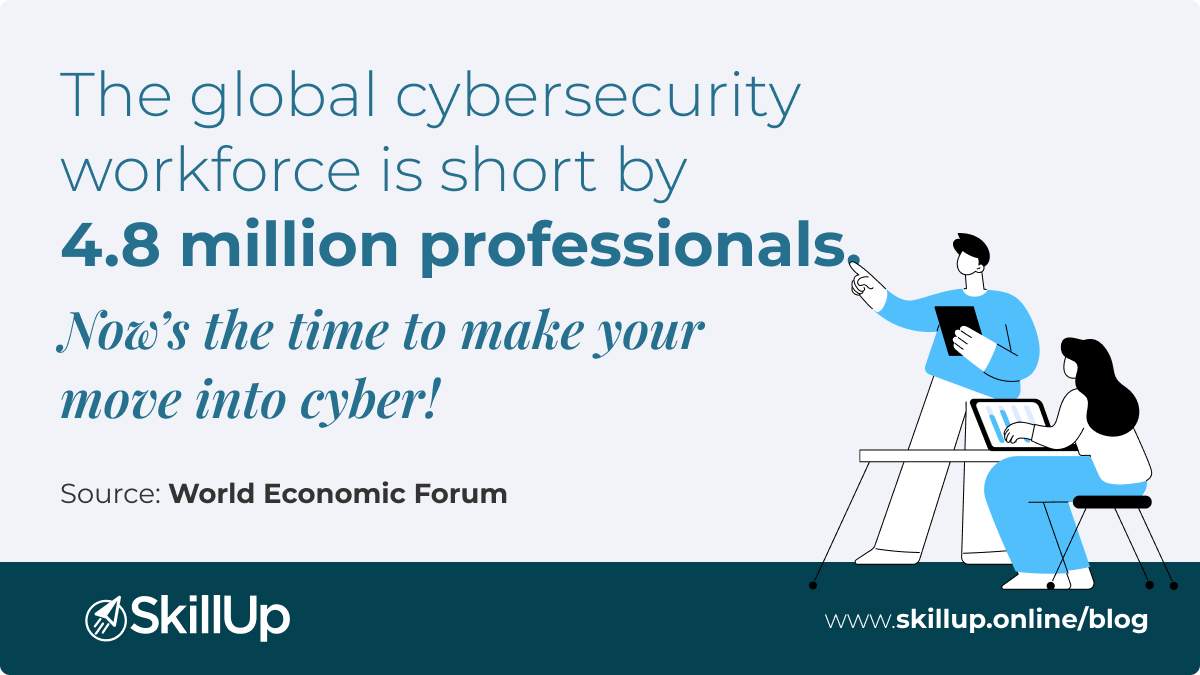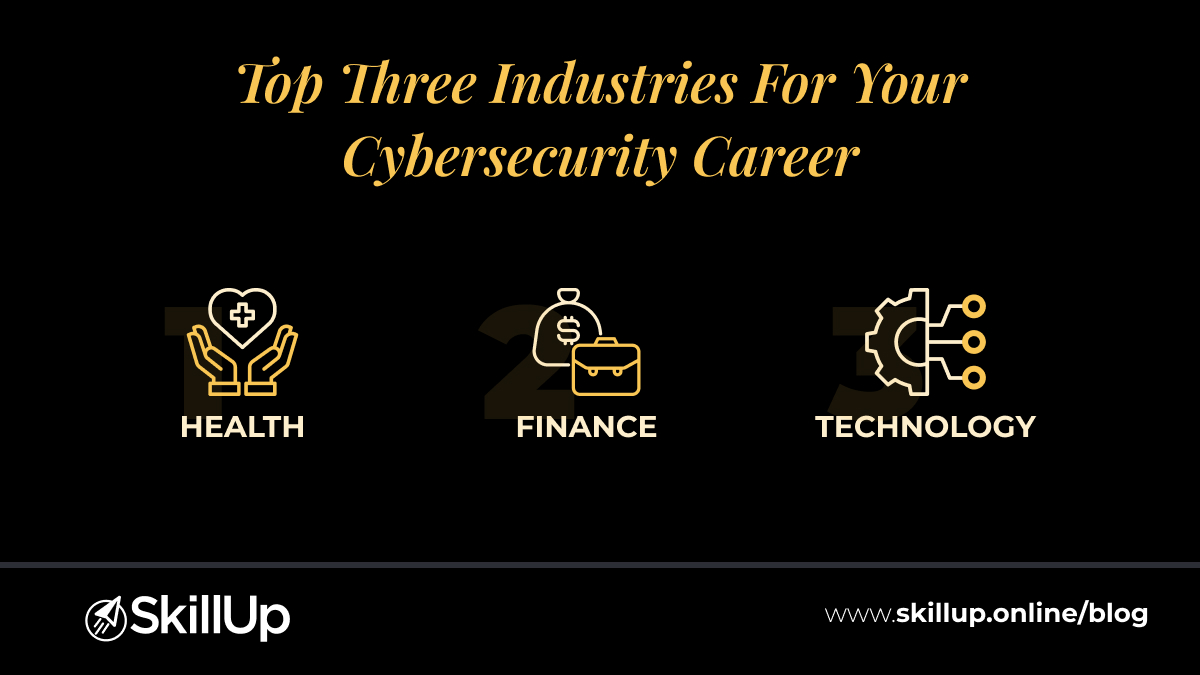The emergence of new technologies over time has continued to evolve the way the world does business. However, March of 2020 may have created the single biggest change to how organizations operate due to the drastic shift to a virtual work environment. The majority of workers used to commute into offices every day and now they are logging in from their homes, creating distributed workforces unlike we’ve ever seen before. And this shift likely isn’t going anywhere anytime soon.
In fact, recent research shows that more than 70% of businesses are planning a permanent move to make remote work an option for some, if not all employees. This may be because many businesses are seeing not only maintained but increased productivity amongst employees who are full or part-time working remote. However, this shift means that IT professionals need to quickly adapt to support the new normal.
Let’s look into some of the biggest challenges facing IT professionals today and the top skills needed to support today’s virtual work environments.
Technical Challenges of a Virtual Work Environment
Remote work is not a new concept. Some businesses were already operating remotely and reaping the benefits of cost savings on physical infrastructure and overhead and the ability to tap into talent across the world.
However, the sudden switch to virtual processes has introduced new technical challenges for many. And the bulk of this burden has fallen to IT professionals. They have to overcome obstacles not faced in the traditional workspace, including:
New Technology to Support Remote Collaboration and Productivity: IT has been adapting to new tools that are meant to help a remote environment thrive. For example, tools like Zoom, Microsoft Teams, and Slack keep teams connected, helping to bridge the communication gap. However, this means IT needs to ensure each employee has access without sacrificing security and appropriate data management, among other technical challenges new tools may bring.

Ensuring Effective Remote Onboarding: Employee training has also been affected, and IT teams have to effectively onboard remote employees – remotely. These employees need access and training for online business tools, new hardware, security best practices, and overall company processes.
Ongoing IT Support: As employees adjust to the new normal, there will be inevitable technological challenges faced. IT has to provide support from afar, without the ability to drop in to address these challenges in person. This may increase service time and require the need to implement additional remote tools.
Security and Accessibility: In a traditional office setting, everyone is on the same secure network. But in a remote environment, this isn’t possible. Virtual employees may use unsecured networks and local storage, putting a business’s data privacy at risk.
Core IT Skills In a Virtual Work Environment
Success in transitioning to a remote work environment hinges largely on IT. For IT professionals to be successful in today’s virtual landscape, they’ll need to be skilled in certain areas, including:
Cybersecurity
Cybersecurity is key for ensuring the security of remote workers’ home technology setup. For example, IT professionals managing a remote environment need to ensure employees are using a VPN if using public WiFi. They’ll also need to teach employees how to properly secure their home networks and ensure the core network is not susceptible to viruses from unvetted personal devices. Plus, cybersecurity threats continue to evolve.
To prevent them, businesses need IT personnel skilled in the cybersecurity field. This includes professionals that are problem solvers, have keen attention to detail, and know-how to “ethically hack.”
Internet of Things
The demand for Internet of Things (IoT) professionals has risen with the instances of remote work, especially when the line between personal and business devices are becoming more blurred. It’s a crucial element in keeping remote employees and businesses connected and secure. Plus, organizations still need access to analytics and business intelligence, making this a highly sought-after skill.
On top of that, technical skills like hardware interfacing, IP networking, interface (UI) and user experience (UX), and mobile app development, among others, are needed to ensure remote work mimics all aspects of an office environment.
Data Management
A business’s data is its most critical resource. Data management professionals help prevent security risks, prevent data loss, and help companies make better, more accurate decisions.

This is an important IT skill under normal circumstances, but it’s especially critical when the workforce is dispersed. People tend to store data on personal devices or fall back on data management tools and apps typically reserved for personal use. Which means it’s imperative IT not only has the proficiency to store, manipulate, and access company data but to also manage employee access and create training programs and put parameters in place to ensure proper data management protocols are effectively followed at all times.
IT professionals with expertise in Machine Learning and Artificial Intelligence will also be better able to make sense of large data outputs by using these technologies to improve decision making.
Soft Skills
Some skills aren’t traditionally taught in IT but are traits of successful IT professionals. Remote workers are now left to their own devices, both literally and figuratively. This means the stress when something goes wrong often falls directly onto the shoulders of IT who need to be particularly adept in traits like:
-
- Communication: The ability to understand and relay complex information, particularly when conveying solutions to technical problems remotely.
- Collaboration: IT professionals can’t work in silos and need to be adept at working in a team. Plus, be comfortable taking the initiative to reach out to peers via video conferencing tools.
- Flexibility: IT professionals must have the flexibility to adapt to new technologies as needed. They also need to stay up to date on emerging technology tools to nurture innovation in the business.
Finding Success as an IT Professional in Today’s Virtual Work Environment
In a virtual work environment, the IT department is the superhero. These professionals keep data safe, train employees on remote technology tools, and ensure an overall seamless transition to remote processes.
In an environment that relies more heavily than ever on technology, the skills above are crucial. Honing these skills in today’s virtual environments helps companies remain profitable and keep employees happy.
SkillUp Online can help provide the training needed for today’s necessary IT skills. Access our training courses to learn how.

CEO, SkillUp Group




